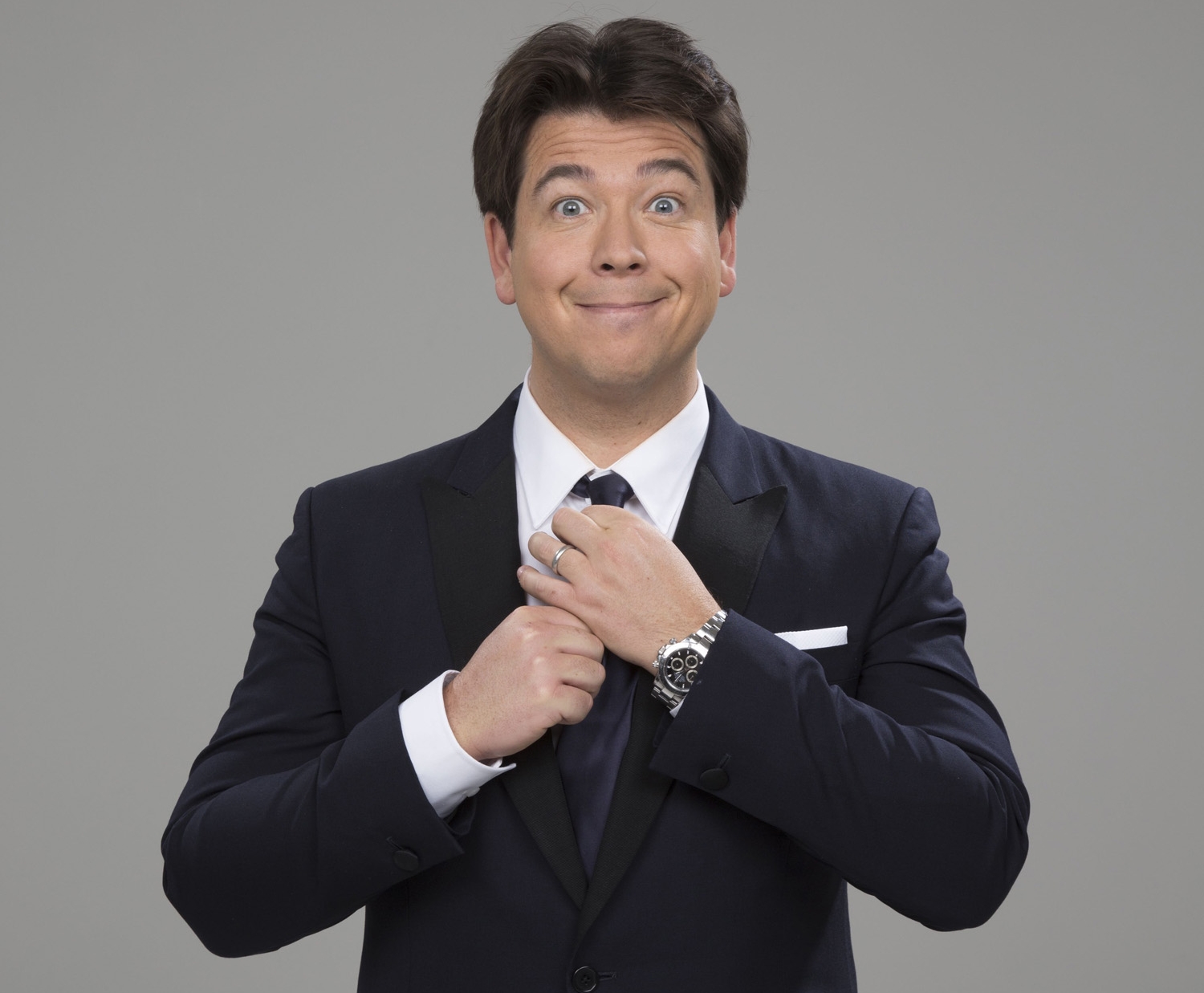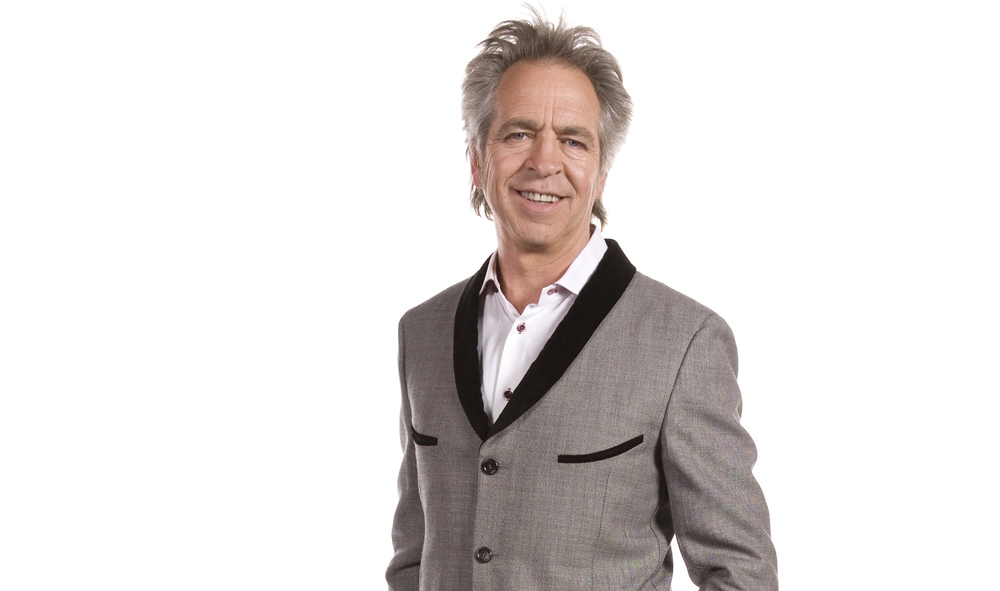Last year he sold out London’s 20,000-capacity O2 Arena an astounding ten nights in a row. Such widespread approval could easily go to one’s head, but McIntyre’s success hasn’t alienated him from his core fan base. His stand-up isn’t especially glamorous, nor is it flashy. In fact, his jokes often address rather banal subject matter, which could explain his broad accessibility.
McIntyre will bring his ‘Happy & Glorious’ tour Down Under this October, and his objectives are straightforward. “What I’m trying to do is just to make you laugh really, really hard,” he says.
McIntyre’s comedy tends to be observational with a touch of social satire, particularly with regards to the British people. There have been a number of major political events in the UK during the last couple of years, of course – in the 2015 federal election, David Cameron’s centre-right Conservative Party won a second term of government, surprising just about everyone. And then came the referendum to determine whether the UK should leave the European Union. Cameron introduced the referendum, but he strongly campaigned for the UK to remain. When the leave campaign won, Cameron resigned as Prime Minister. But despite all of this commotion, McIntyre is unlikely to include any political commentary in his upcoming performances.
“Left and right – I’m one of those people where I don’t really understand what that even means,” he says. “I have to remember which hand I write with just to remember which side right is.”
Given the comedian’s popularity, you’d think he was in a considerable position of influence. However, he humbly rebuffs this assumption.
“I would never get carried away with thinking I had any influence, or I would never try that, because it’s not my field,” he says. “If I wantedto have influence in politics, I would’ve become a politician. It’s another job. I just tell jokes, so my influence is purely comedic. If I can’t think of anything funny, I might try and see if I’ve got any influence elsewhere. But until that day comes, I’m just going to stick with trying to make people laugh and give them a break from the rigours of political debate.”
Therein lies the secret to McIntyre’s success. He extracts humour from everyday situations, exaggerating ordinary events in order to illuminate core truths or expose things as silly, awkward or absurd. It’s an inclusive brand of comedy, conversational and jovial in spirit.
“I think there’s a lot of value in enjoying the moment and having a laugh,” he says. “Personally, I think all the value is there. There are other comedians or other people who have different agendas. There are people that maybe look down on comedy that is fleeting and in the moment, but my challenge is to be as funny as possible and to make you laugh as hard as possible in that moment. And maybe there’s an argument that if a bit of your brain is thinking as well, then you’re not filling it completely with joy and laughter.
“What I try and do, it’s more difficult than people would think, because I’m constantly honing and shaving away what I’m saying. And I know when I’ve achieved it and I know when I haven’t. And I have never achieved it for a whole show. It’s my objective to make a whole show as funny as possible. You know what it’s like when you watch comedy; you don’t really remember the jokes so much afterwards. You just know that you’ve had a really good time. That’s all I’m trying to do, really.
“The only thing I want to stay with people is a face that hurts from laughing, because if you’re laughing for two hours, that is going to hurt. That’s when I feel happy.”
BY AUGUSTUS WELBY

